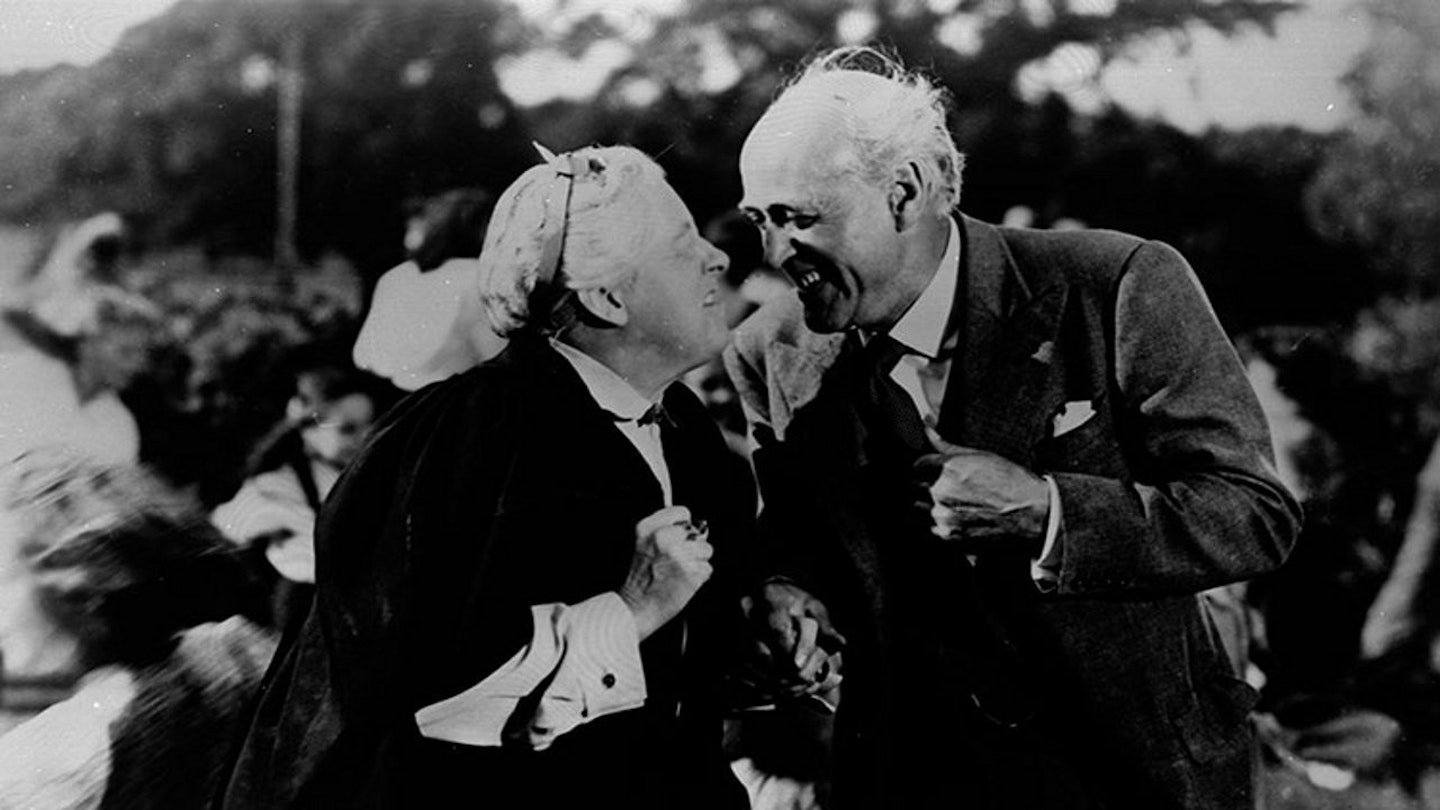Playwright John Dighton (who would co-script the Ealing classics Kind Hearts and Coronets and The Man in the White Suit) wrote the part of Miss Muriel Whitchurch especially for Margaret Rutherford and she's in unstoppable form in this adaptation of the 1948 West End hit. However, her natural scene-stealing proclivities were ably held in check by Alastair Sim, assuming George Howe's part of the ambitious headmaster whose promotion to a prestigious academy is jeopardised by the accidental billeting of Rutherford and her mostly colonial charges.
The stage action had been confined to the staffroom. But Frank Launder and Sidney Gilliatt opened it out to exploit both Nutbourne's classrooms and its grounds. This also enabled them to include the kids, who threw themselves into everything from pillow fights to Greek dancing and rollerskating through the corridors with St Trinian-like brio. Indeed, Launder and Gilliatt were keen to establish a link with cartoonist Ronald Searle's anarchic institution and they not only commissioned him to draw the opening credits, but also went on to produce six comedies based on his popular books. It's tempting to think that just as Joyce Grenfell's Ruby Gates bore a delicious resemblance to Miss Call Me Sausage' Gossage, so Sim borrowed from what the Punch critic called Rutherford's most disgraceful exhibition of ruthless femininity' for Miss Prism in The Belles of St Trinian's (1954).
Much of the byplay between Rutherford and Sim revolves around the single central joke and it's to their eternal credit that they keep it fresh - particularly during the frantic, farcical finale in which they forge an unlikely alliance to prevent her parents from discovering the presence of the boys and his governors from realising that their school is no longer single sex. But there's also a saucy undercurrent to the references to mistresses and biology lessons and it's doubly amusing that the Nutbourne motto is `Guard Thine Honour', bearing in mind lecherous master Hyde-Brown's collection of smut.
